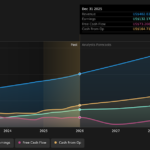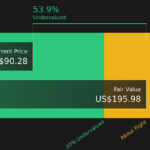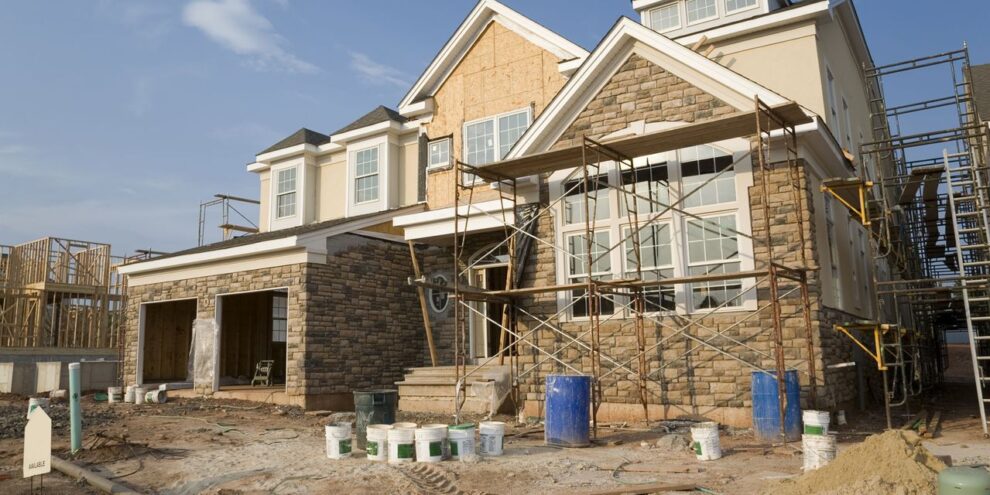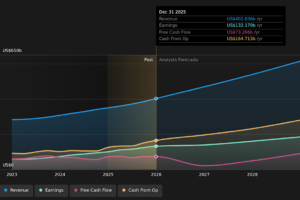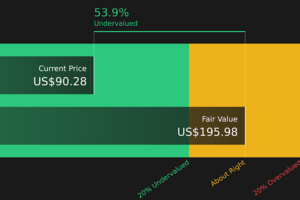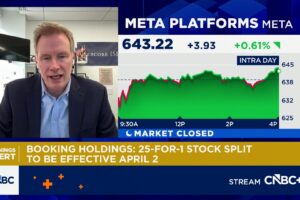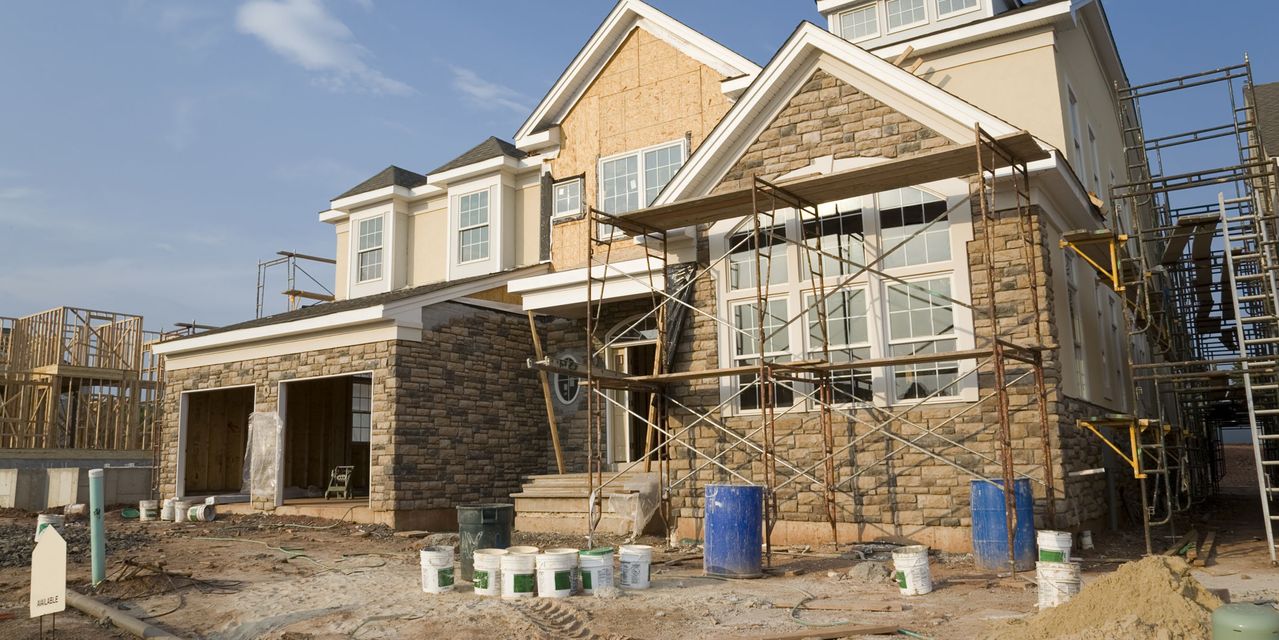
Dear MarketWatch.
We are thinking about building a modern home on 26 acres in the Texas Hill Country. We would pay cash; the estimated costs to build excluding the land is $2.1 million. Including land, it would be close to $3 million in value. We are retired and this would be our forever home and an investment. The land is in a much sought-after subdivision located 45 minutes southwest of Austin, Texas.
We have $3 million in retirement savings, a 401(k), stocks, bonds and cash, and the $2.1 million is in addition to this. We have a monthly income of close to $7,000 from bonds and pension. We are both approaching 65 years of age. We think this would be a better investment for the $2.1 million instead of putting it into the stock market or bond market.
We are questioning at our age should we do this, and should we do it during this time of high inflation? We are not getting any younger and this would be our last build. Thinking we would live in the home as long as we could.
What are your thoughts and suggestions?
Sincerely,
To Build or Not to Build?
‘The Big Move’ is a MarketWatch column looking at the ins and outs of real estate, from navigating the search for a new home to applying for a mortgage.
Do you have a question about buying or selling a home? Do you want to know where your next move should be? Email Jacob Passy at [email protected].
Dear Build,
You and your husband are certainly in an enviable position.
On average, baby boomers have around $102,000 in personal savings and $139,000 in retirement savings, according to a 2021 study from Northwestern Mutual. And inflation has only gotten worse this past year. With the cost of living rising so quickly, many Americans face a great deal of difficulty squirreling away even a fraction of the amount you have in savings.
I mention all of this so you can reflect on how lucky the two of you are to even have the ability to consider building what sounds to be quite a luxurious home.
I’m glad to see that you’re thinking carefully about this decision before putting money down to reserve a lot — because I think this could be a bad deal.
Someone with only $100,000 in their bank account might think it sounds crazy to suggest to someone with around 50 times that amount saved up that building their dream home isn’t a good idea.
I’d argue, though, that you’re asking the wrong questions. Your main concern seems to be whether building this home is a good investment. I’m worried that you may not be able to afford the house, without cutting corners elsewhere.
But really, the money you spend upfront is just part of the equation. As you say, your combined income is $7,000, which is only $84,000 per year. That’s solidly middle class. The median income for a three-person household as of 2020 was $90,131, according to Pew Research Center.
You almost certainly have enough money to build the home. Though, I’ll warn you that it could cost more than you realize. Most home builders are still grappling with shortages of workers and materials used to construct and finish homes. Those shortages can drive the price of building a new home up.
Owning a home is about more than the purchase price
My bigger concern for you and your husband is the ongoing costs associated with such a large, valuable house. This was a concern that was echoed by multiple financial advisers I polled to get expert insight regarding your situation.
“I spoke with a client this weekend who found his ‘dream retirement home’ for almost $1 million, but soon realized that he hadn’t factored a $36,000 annual property tax bill into his retirement living expenses,” said Tim Sobolewski, president of the Financial Planning Center, a financial advisory firm based in Amherst, N.Y.
You didn’t mention where precisely the home will be located, but that can make a big difference in terms of the tax hit you could see. If you built a home worth $3 million in Comal County, Texas, your annual property tax bill would be nearly $40,000, according to data from SmartAsset. But in nearby Hays County, the tax bill would be $62,400.
In Texas, homeowners ages 65 and older can qualify for a $25,000 homestead exemption, reducing the bill you would owe. There are other exemptions for which you may qualify.
“For those who qualify for the over 65 exemption, there is something called the property tax ceiling,” Patrick O’Connor, owner and president of O’Connor Tax Reduction Experts, wrote in a blog post. “This automatically limits the school taxes to the amount you paid in the year you qualified for an over 65 property tax exemption.”
Still, you could be looking at quite a substantial property tax bill, even after factoring in these exemptions. And property taxes are just part of the equation. A larger, more luxurious home means that the costs of everything from maintenance to insurance will be higher. Because the home is in a subdivision, there may be homeowners’ association dues to worry about.
Given all that, I hope it’s easy to see how $84,000 a year may not be enough to handle housing expenses this high, even if you don’t have to worry about a mortgage payment.
I’m really just scratching the surface. Consider that other expenses — health care, entertainment — will almost certainly rise in retirement. You could even come to find that the home you built may not be suited for your lifestyle if your mobility wanes over time, which would make this a questionable investment. The last thing you’d want is not to be able to enjoy your retirement because you’re constantly worrying about bills.
And yes, there is risk involved in buying a home when the market might be at its top. It’s not clear yet what the total effect of rising interest rates will be on the nation’s housing market, or in Texas for that matter. But you could end up sinking your money into an investment that may not net a significant return in the coming years.
If you want to map out the best alternatives for what to do with your money, definitely consult with a financial planner. Diversifying your holdings is smart. But there are many ways to invest in real estate — other than building such a large house.
By emailing your questions, you agree to having them published anonymously on MarketWatch. By submitting your story to Dow Jones & Company, the publisher of MarketWatch, you understand and agree that we may use your story, or versions of it, in all media and platforms, including via third parties.

